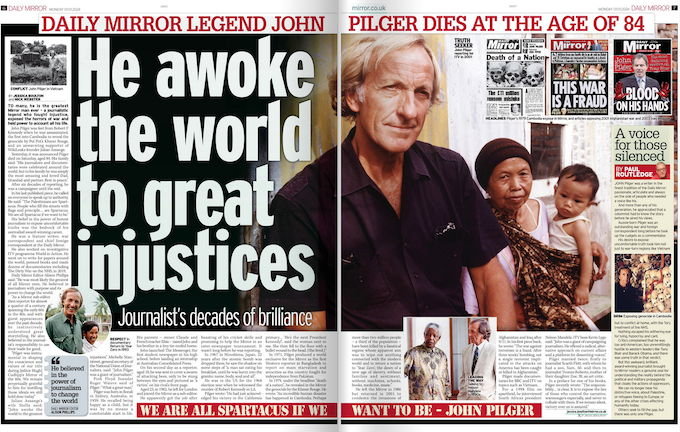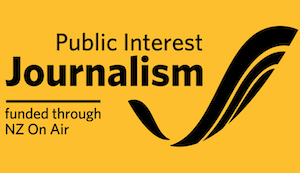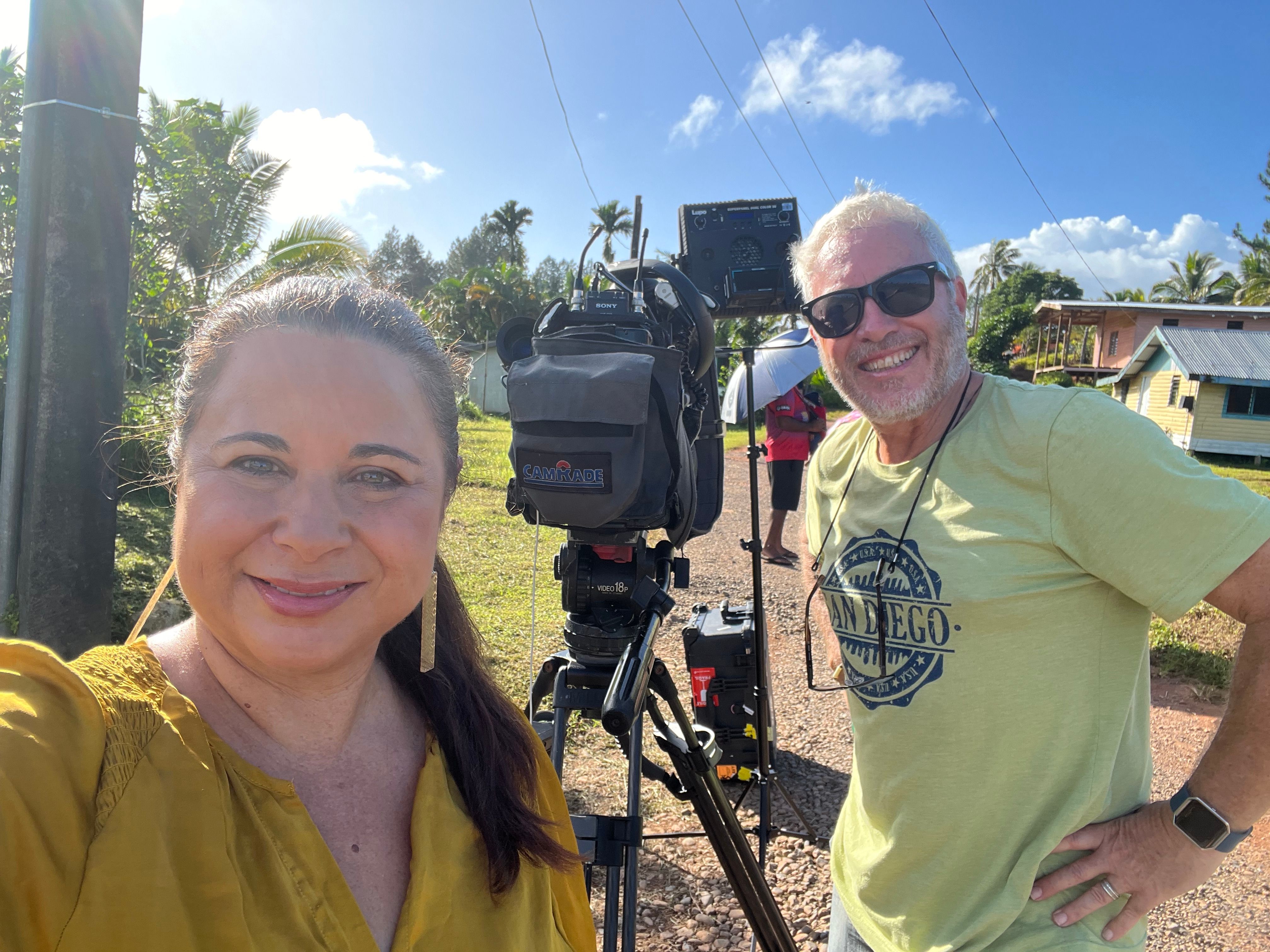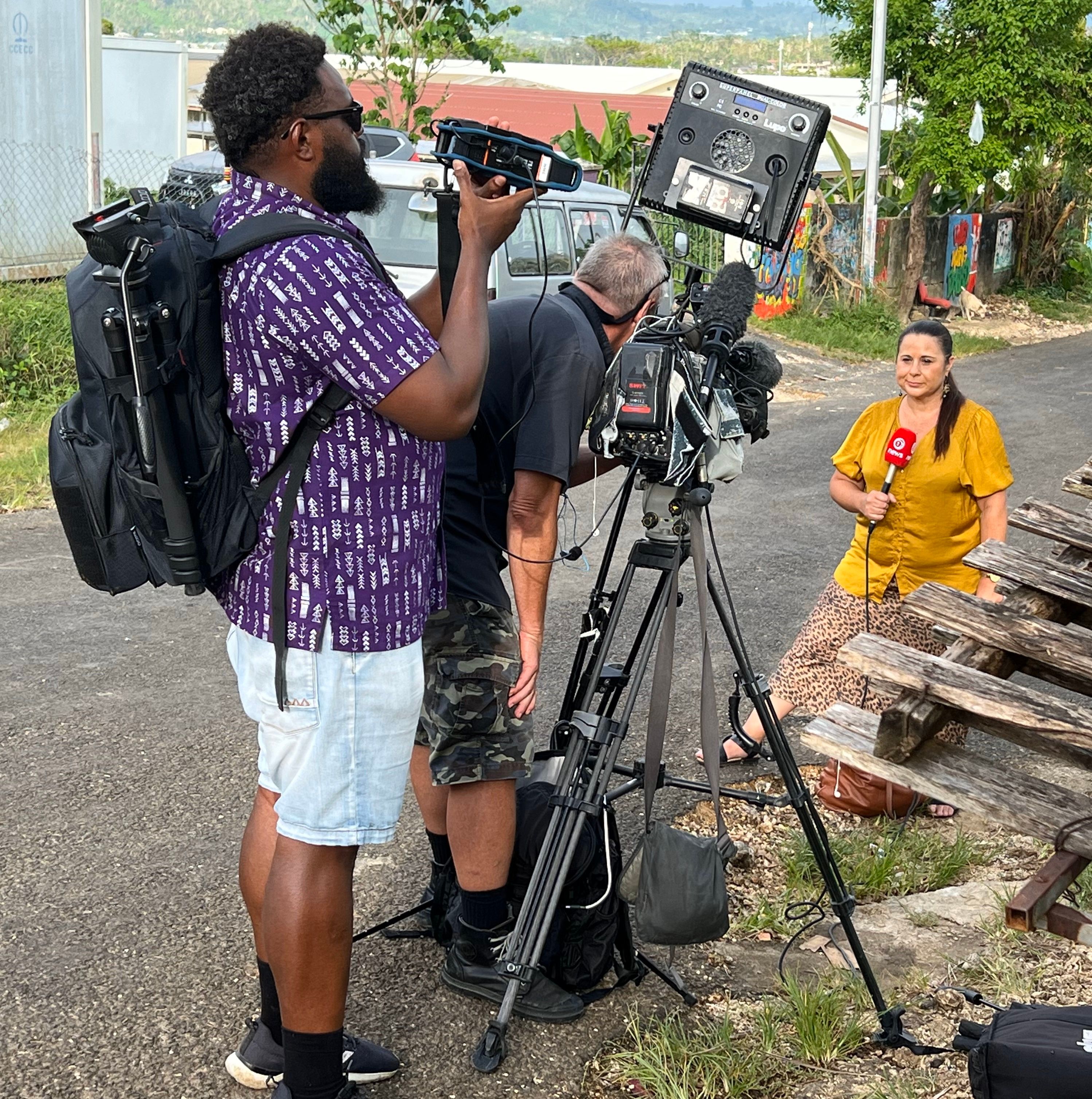In 1995, early in the development of the global internet, sociologist Michael Schudson imagined how people might process information if journalism were to suddenly disappear. An expert on the history of US news media, Schudson speculated in his book, The Power of News, that peoples’ need to identify the day’s most important and relevant news from the continuous torrent of available information would eventually lead to the reinvention of journalism
Beyond daily gossip, practical advice, or mere information, Schudson contended, people desire what he called “public knowledge,” or news, the demand for which made it difficult to imagine a world without journalism.
Nearly thirty years later, many Americans live in a version of the world remarkably close to the one Schudson pondered in 1995—because either they lack access to news or they choose to ignore journalism in favor of other, more sensational content.
By exploring how journalism is increasingly absent from many Americans’ lives, we can identify false paths and promising routes to its reinvention.
The Rise of News Deserts
Many communities across the United States now suffer from limited access to credible, comprehensive local news. Northwestern University’s 2022 “State of Local News” report determined that more than half of the counties in the United States—some 1,630—are served by only one newspaper each, while another two hundred or more counties, the homes of some four million people, have no newspaper at all. Put another way, seventy million Americans—a fifth of the country’s population—live in “news deserts,” communities with very limited access to local news, or in counties just one newspaper closure away from becoming so.
Not surprisingly, the study found that news deserts are most common in economically struggling communities, which also frequently lack affordable and reliable high-speed digital service—a form of inequality known as digital redlining. Members of such communities are doubly impacted: lacking local news sources, they are also cut off from online access to the country’s surviving regional and national newspapers.
Noting that credible news “feeds grassroots democracy and builds a sense of belonging to a community,” Penny Abernathy, the report’s author, wrote that news deserts contribute to “the malignant spread of misinformation and disinformation, political polarization, eroding trust in media, and a yawning digital and economic divide among citizens.”
Divided Attention and “News Snacking”
While the rise of news deserts makes credible news a scarce resource for many Americans, others show no more than passing interest in news. A February 2022 Gallup/Knight Foundation poll found that only 33 percent of Americans reported paying “a great deal” of attention to national news, with even lower figures for local news (21 percent) and international news (12 percent).
With the increasing prevalence of smartphone ownership and reliance on social media, news outlets now face ferocious competition for people’s attention. Following news is an incidental activity in the lives of many who engage in “news snacking.” As communications scholar Hektor Haarkötter described in a 2022 article, “Discarded News,” mobile internet use has altered patterns of news consumption: “News is no longer received consciously, but rather consumed incidentally like potato chips.”
Instead of intentionally seeking news from sources dedicated to journalism, many people now assume the viral nature of social media will automatically alert them to any truly important events or issues, a belief that is especially prominent among younger media users, Haarkötter noted. A 2017 study determined that the prevalence of this “news-finds-me” perception is likely “to widen gaps in political knowledge” while promoting “a false sense of being informed.”
Signs of Reinvention?
With journalism inaccessible to the growing number of people who live in “news deserts,” or only a matter of passing interest to online “news snackers,” the disappearance of journalism that Schudson pondered hypothetically in 1995 is a reality for many people today. If journalism as we have known it is on the verge of disappearing, are there also—as Schudson predicted—signs of its reinvention? Examining the profession itself, the signs are not all that encouraging.
Consider, for example, the pivot by many independent journalists to Substack, Patreon, and other digital platforms in order to reach their audiences directly. Reader-supported journalism may be a necessary survival reflex, but we are wary of pinning the future of journalism on tech platforms controlled by third parties not necessarily committed to principles of ethical journalism, as advocated by the Society of Professional Journalists.
Media companies—including the tech websites CNET and BuzzFeed—have experimented with using artificial intelligence programs, including the infamous ChatGPT bot, to produce content. Noting that there would be “nothing surprising” about AI technology eventually threatening jobs in journalism, Hamilton Nolan of In These Times suggested that journalists have two key resources in the “looming fight” with AI, unions and “a widely accepted code of ethics that dictates how far standards can be pushed before something no longer counts as journalism.”
News outlets, Nolan argued, do not simply publish stories, they can also explain, when necessary, how a story was produced. The credibility of journalists and news outlets hinges on that accountability. Artificial intelligence may be able to produce media “content”—it may even be of use to journalists in news gathering—but it cannot produce journalism.
We also don’t anticipate a revival of journalism on the basis of the June 2022 memo from CNN’s Chris Licht, shortly after he became the network’s CEO, which directed staff to avoid overuse of its “breaking news” banner. “We are truth-tellers, focused on informing, not alarming our viewers,” Licht wrote in his memo. (In June 2023, CNN reported that the network’s chairman and CEO was “out after a brief and tumultuous tenure.”) But competitive pressures will continue to drive commercial news outlets to lure their audiences’ inconstant attention with sensational reporting and clickbait headlines.
Toward a Public Option
More promising bases for the reinvention of journalism will depend not on technological fixes or more profitable business models but on reinvesting in journalism as a public good.
In a 2020 article for Jacobin, media scholar Victor Pickard argued that commercial media “can’t support the bare minimum levels of news media . . . that democracy requires.” Drawing on the late sociologist Erik Olin Wright’s model for constructing alternatives to capitalism, Pickard argued that the creation of a publicly-owned media system is the most direct way “to tame and erode commercial media.”
The “public options” championed by Pickard and others—which include significant budgets to support nonprofit media institutions and municipal broadband networks—would do much to address the conditions that have exiled far too many Americans to news deserts.
If the public option advocated by Pickard focuses on the production of better quality news, the reinvention of journalism will also depend on cultivating broader public interest in and support for top-notch journalism. Here, perhaps ironically, some of the human desires that social media have so effectively harnessed might be redirected in support of investigative journalism that exposes abuses of power and addresses social inequalities.
Remembering a Golden Era of Muckraking
Few living Americans recall Ida Mae Tarbell, Lincoln Steffens, Upton Sinclair, and other pioneering investigative journalists who worked in the aftermath of the Gilded Age—an era, comparable to ours, when a thin veneer of extravagant economic prosperity for a narrow elite helped camouflage underlying social disintegration. “Muckraker” journalists exposed political and economic corruption in ways that captivated the public’s attention and spurred societal reform.
For instance, in a series of investigative reports published by McClure’s Magazine between October 1902 and November 1903, Steffens exposed local stories of collusion between corrupt politicians and businessmen in St. Louis, Minneapolis, Pittsburgh, Philadelphia, and New York. Most significantly, though, Steffens’s “Shame of the Cities” series, published as a book in 1904, drew significant public attention to a national pattern of civic decay.
Steffens’s reporting not only made him a household name, it also spurred rival publications to pursue their own muckraking investigations. As his biographer, Peter Hartshorn, wrote in I Have Seen the Future: A Life of Lincoln Steffens (2012), other publishers “quickly grasped what the public was demanding: articles that not only entertained and informed but also exposed. Americans were captivated by the muckrakers and their ability to provide names, dollar amounts, and other titillating specifics.”
By alerting the public to systemic abuses of power, investigative journalism galvanized popular support for political reform and indirectly helped propel a wave of progressive legislation. As Carl Jensen related in Stories That Changed America, the muckrakers’ investigative reporting led to “a nation-wide public revolt against social evils” and “a decade of reforms in antitrust legislation, the electoral process, banking regulations, and a host of other social programs.” The golden age of muckraking came to an end when the United States entered World War I, diverting national attention from domestic issues to conflict overseas.
Though largely forgotten, the muckraking journalists from the last century provide another model of how journalism might be renewed, if not reinvented. The muckrakers’ reporting was successful in part because it harnessed a public appetite for shame and scandal to the cause of political engagement. To paraphrase one of Schudson’s points about news as public knowledge, the muckrakers’ reporting served as a crucial resource for “people ready to take political action.”
Reviving Public Hunger for News About “What’s Really Going On”
Despite its imperiled status, journalism that serves the public good has not yet disappeared. There is no shortage of exemplary independent reporting on the injustices and inequalities that threaten to disintegrate today’s United States.
That said, it is not simple to recognize such reporting or to find sources of it, amidst the clattering voices that compete for the public’s attention. Finding authentic news requires not only countering the spread of news deserts, but also cultivating the public’s taste for news that goes deeper than the latest TikTok trend, celebrity gossip, or talking head “hot takes.”
A public option for journalism could help assure more widespread access to vital news and diverse perspectives; and a revival of the muckraking tradition, premised on journalism that informs the public by exposing abuses of authority, could reconnect people who have otherwise lost interest in news that distracts, sensationalizes, or—perhaps worse—polarizes us.
Both the twentieth-century muckrakers and today’s advocates of journalism in the public interest provide lessons about how journalism can help recreate a shared sense of community—a value touted in Northwestern’s 2022 “State of Local News” report. The muckrakers appealed to a collective sense of outrage that wealthy tycoons and crooked politicians might deceive and fleece the public. That outrage brought people together to respond in common cause.
As George Seldes—a torchbearer of the muckraking tradition, who founded In Fact, the nation’s first successful periodical of press criticism, in 1940—often noted, journalism is about telling people “what’s really going on” in society. At its most influential, journalism promotes public awareness that spurs civic engagement, real reform, and even radical change.
Perhaps that is why it is so difficult, especially in these troubled times, to imagine a world without journalism. Our best hopes for the future, including the renewal of community and grassroots democracy, all hinge at least partly on what Schudson called “public knowledge,” which a robust free press protects and promotes.
Note: The above material was excerpted from Project Censored’s State of the Free Press 2024, edited by Andy Lee Roth and Mickey Huff (Fair Oaks, CA and New York: The Censored Press and Seven Stories Press, 2024).
The post
From News Deserts to Revitalization first appeared on
Dissident Voice.
This post was originally published on Dissident Voice.
d’@alaraby_ar Diaa Kahlout. Il a été identifié dans 1 vidéo, publiée le 7/12 par des soldats
, parmi des détenus déshabillés&agenouillés.RSF dénonce cette arrestation&exige d’Israël des infos sur son sort


 Netflix
Netflix Pexels
Pexels Netflix
Netflix Netflix
Netflix Pexels
Pexels
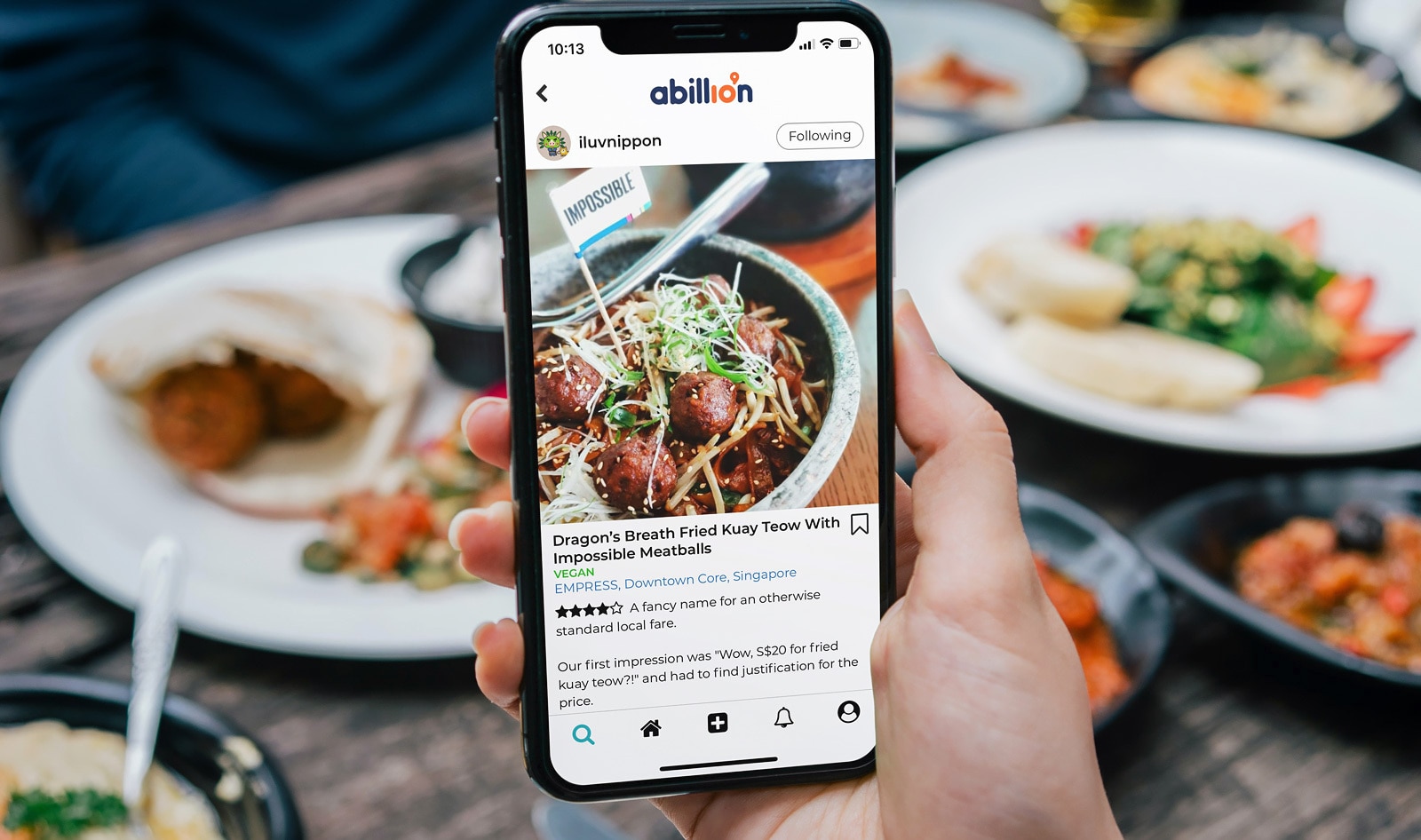

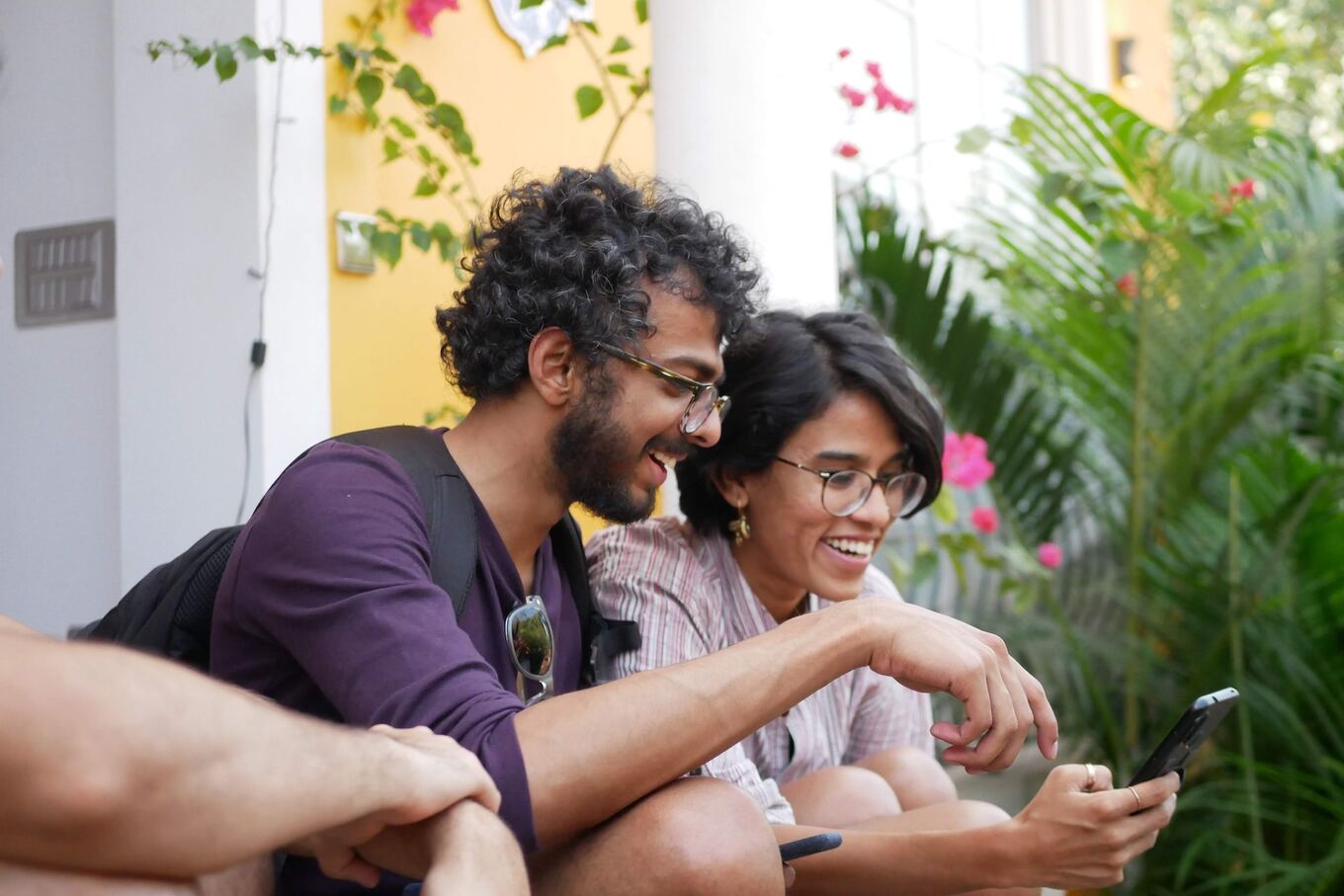








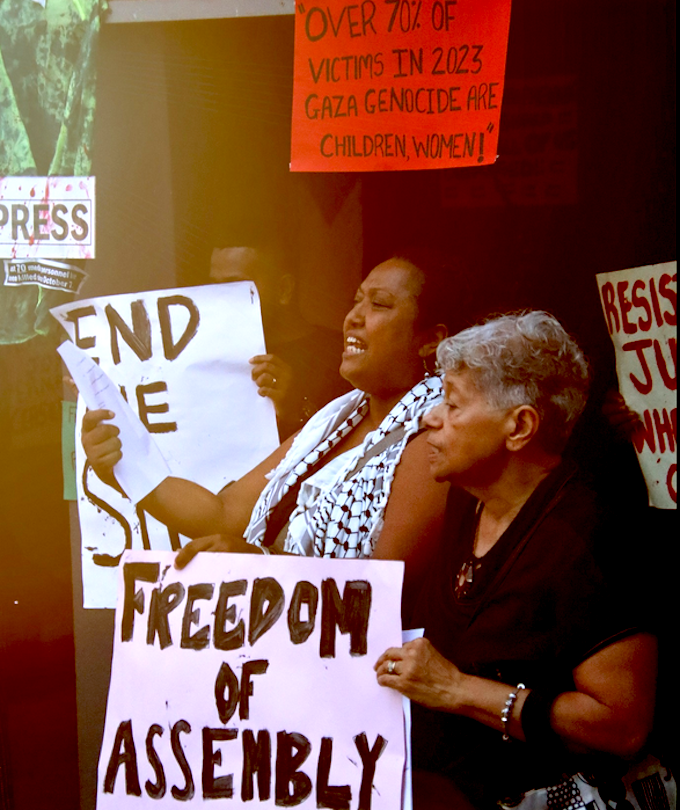

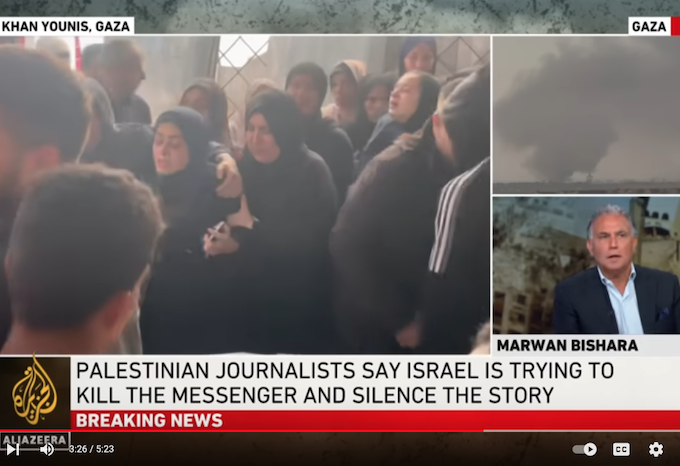
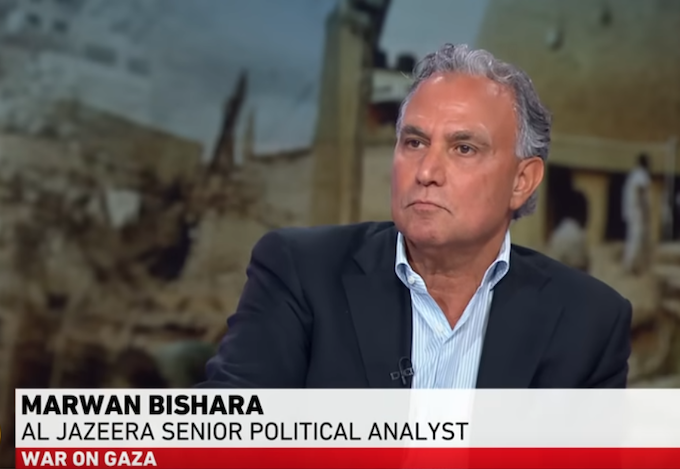
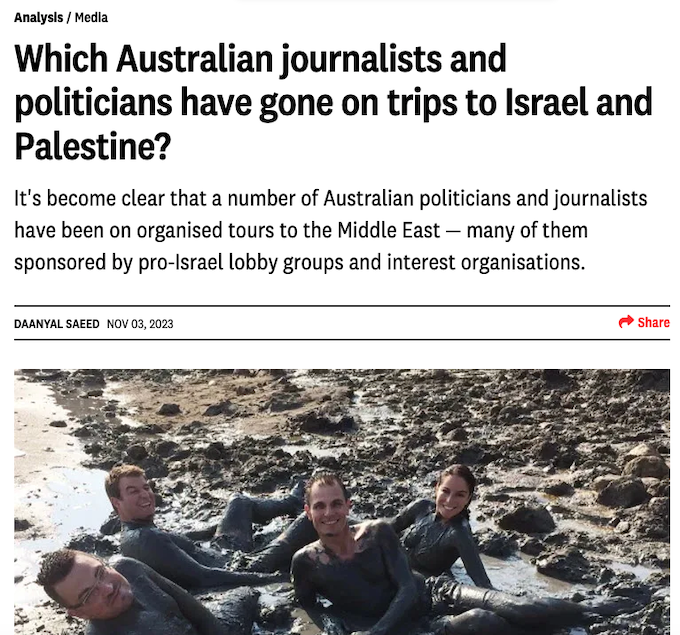
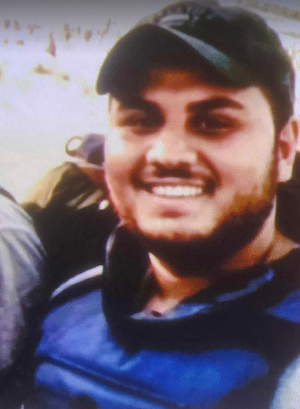


 VKind
VKind
 VKind
VKind